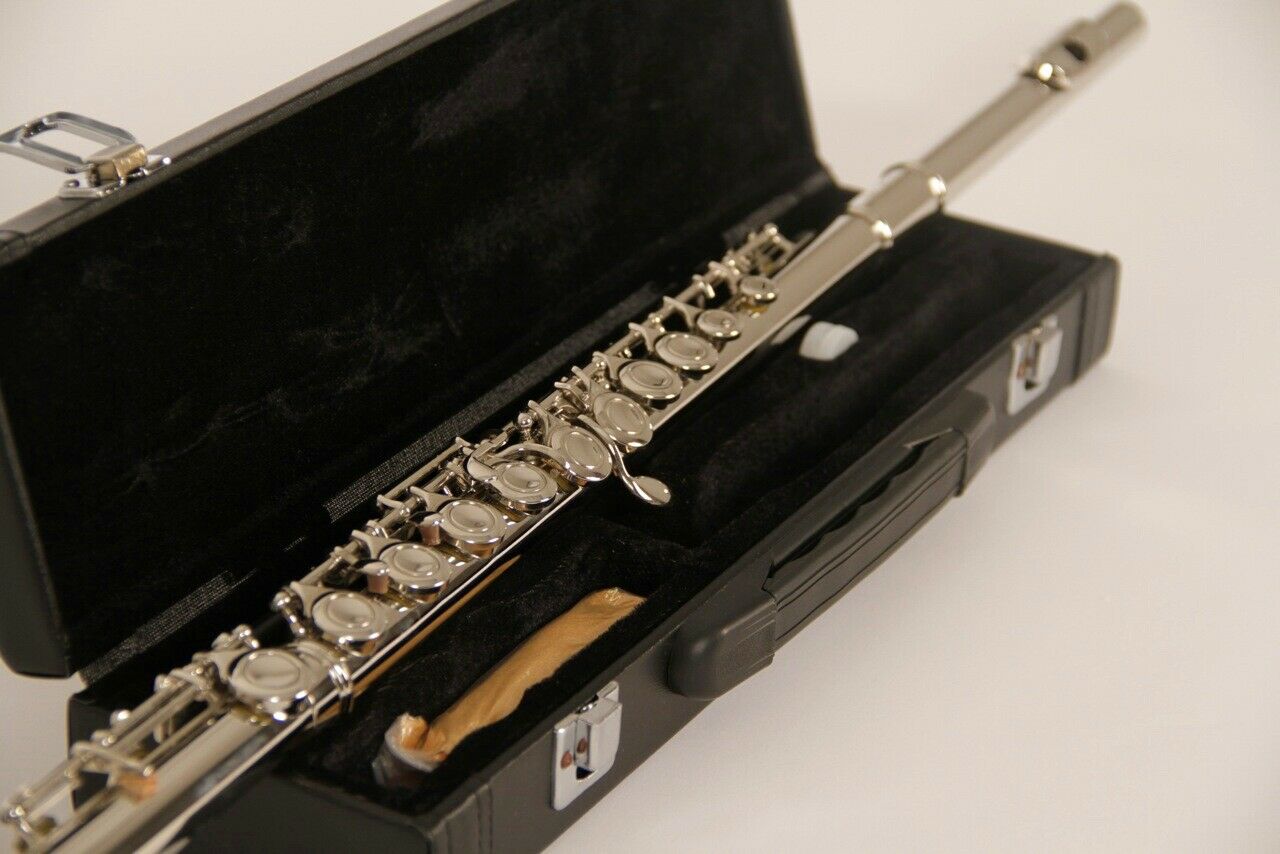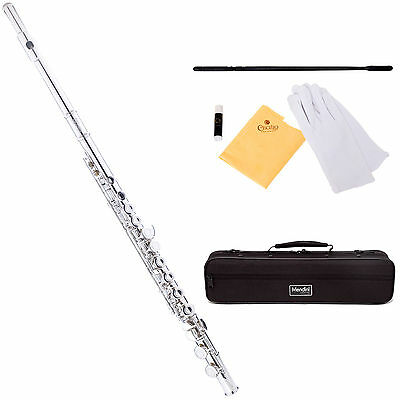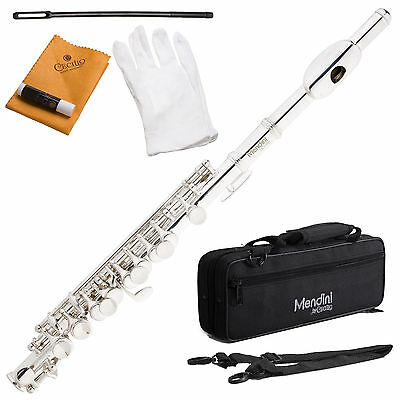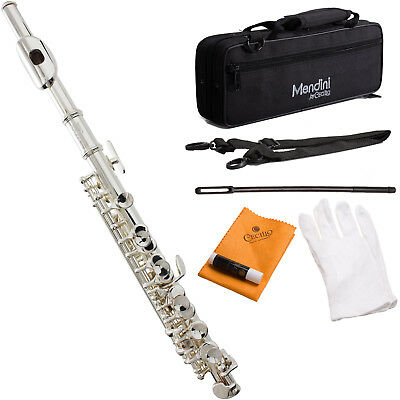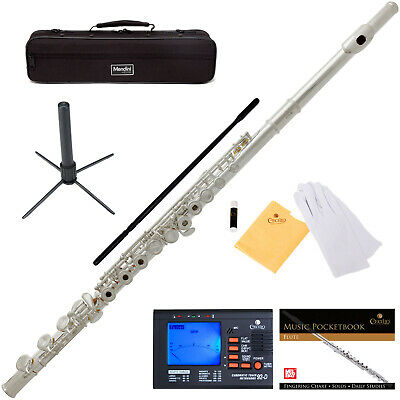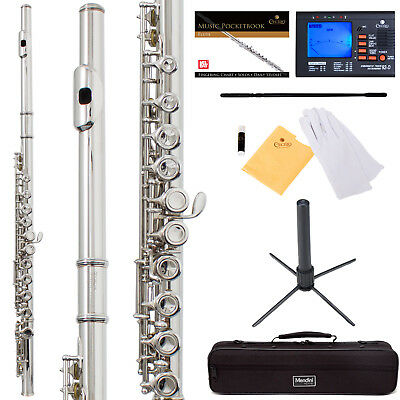-40%
Handmade Kids Waldorf pentatonic music Flute in case (Choroi Quinta analog)
$ 47.52
- Description
- Size Guide
Description
Flute material - beechBoiled in oil
Can make more for your needs!
Dimension 285 mm x 22mm
History
PENTATONIC MUSIC
A surprisingly useful article by the Kiev musical therapist Svetlana Protasova
Music and a little child. Questions of parents.
At lectures and music consultations, parents often ask the same questions: when to start playing music? What can I do at home? And if the mother is not a musician? What kind of music is better to listen with the child? How do you instill in your child the love of music?
I think there is much for the parents of any profession, if they understand how music works for human development.
In the modern world, there is an opinion that the exclusive right to play music belongs exclusively to professional musicians, and representatives of other professions are allowed only to passively consume the finished product, or to confine themselves to the role of "singing" to the "stars" at concerts or behind-the-scenes playing outside the closed doors and near the fire. But music belongs to everyone; This is the sphere of freedom and creativity. And the more sounds in the world of real, sincere music, the more everyone wins, especially children.
My husband and I are far from music. Can we do something at home so that the child develops musically?
Of course! First, give him a field for activities - buy a few simple musical instruments (having consulted the musician on the quality of the instrument and the ways of playing), so that the kid could compose music for his fairy tales and toys. Secondly, become a researcher - start with your child listen to everything that sounds: how do the cups of tea at breakfast vary in different ways, what sort of trills are the birds out on the street and the cats in the yard, what amazing voices at the table, walls, doors (When tapping); But if you put a tuning fork on them? But if you tinkle a little with a spoon on a cast-iron lid from a frying pan? And if you pour water into the tub with a thin trickle - how will she sing? What rustles live in the forest, how trees, cones, pebbles talk? .. Such games imperceptibly develop auditory sensitivity, and not only to the sounds of the physical world, but also to the sounds of the soul of another person; those. Along with the musical develop and social qualities of the child.
Well, in the third place, try to pick up all the musical undertakings of the child - learn the songs that he brings from the kindergarten, master musical instruments together; If the kid is singing gibberish, improvise with him, you will get a lot of fun!
What songs suit a small child?
At first, apparently, it is necessary to remember that many of the oldest folklore melodies of various nations of the world are built on pentatonic scales, i.e. Scales without halftones (this sound is familiar to us in Chinese music). And since human development repeats the development of mankind in historical epochs (as an embryo repeats the development of the animal world), the child at the age of 3 to 7-8 years is still at the level of the consciousness of ancient humanity, when they thought in images, were in a dreaming state of consciousness, that In music corresponds to the pentatonic order, the so-called "quintet's mood". In the "mood of the quint" there is no tonic, there is no rigid system of gravitation (as in diatonic), all tones are almost equal. You can get used to this mood by improvising some time on a pentatonic instrument (flute, xylophone, metalophone). Such a state of soaring, freedom, euphony helps a child at this age to feel "at ease". Therefore, children up to 7-8 years old are recommended melodies and instruments in the pentatonic system, in the "mood of the quinta", which form the basis of musical material in the Waldorf kindergartens. In addition to the pentatonic system, the spirit of the "quintet" mood also corresponds to smooth rhythms (without dotted lines and syncopation), free changing of musical sizes and tempos, avoidance of a clear square structure of melodies - all this corresponds to the soaring, dreaming state of a small child.
The second necessary component of musical material for children is local folklore. The child is not accidentally born in this or that nation, on this or that earth, and for development it is important for him to be imbued with that music, among which his ancestors lived for centuries. Here you can use musical rhymes, chants, local children's folklore.
And the third component can be songs that you compose yourself, on occasion or on inspiration (assuming that you already have a little art of composition, and it turns out beautifully for you). It will be important not so much the ideal compliance with the requirements for children's music, as your living creativity and spontaneity. Children always appreciate such improvised mums and dads of the song.
How can I study music with my child at home - arrange music lessons? And he will not be bored? Children want to play.
Of course they do! Therefore, we will play, and leave the lessons for the school age. If you have several musical instruments at home (drum, flute, guitar or lyre, bell) and natural materials (pebbles, cones, chestnuts, dry fruits with seeds, etc.), you can create an excellent fairytale story. Take the tools and sketch






